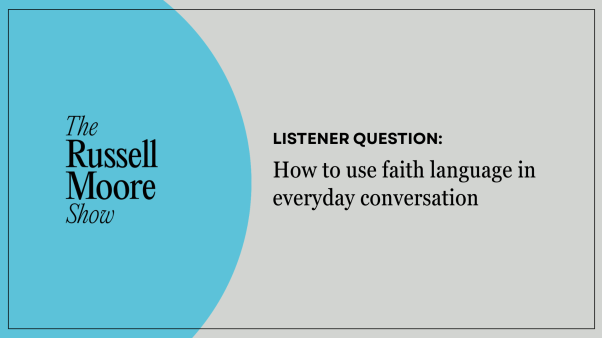by Url Scaramanga
“The emerging church will disappear.” That is what my informant told me as we shared drinks at our clandestine watering hole. I felt like Luca Brasi being handed a dead fish wrapped in newspaper. The hit had been ordered?the emerging church’s fate had been sealed. In my informant’s mind, the death of the emerging church was a settled matter. I double-checked my surroundings for listening ears before whispering, “How can you be so sure?” The informant (who worked for a publisher) leaned forward and said their marketing plans included dropping the “Emerging Church” brand within two years.

That was two years ago.
Now comes word from recognized leaders and voices within the emerging church movement that the term has become so polluted that it is being dropped. Consider Dan Kimball. He wrote the book on the emerging church – literally. His 2003 book, The Emerging Church, reintroduced the term into the evangelical lexicon. In Kimball’s blog post from last week he writes:
Although I am finding that the term [emerging church] has become so broad now and so confusing, it is very important to know that I am not by any means stopping being involved and pursuing the heart and mission of what the term “emerging church” originally meant. At least in how I was personally using it when I wrote the book 6 years ago.
What did the term mean 6 years ago? Kimball defined it this way: “If you were to have asked me what the core of the emerging church is, I would have responded with ?evangelism and mission in our emerging culture to emerging generations.'” But, according to Kimball, few people associate emerging with evangelism anymore. (He finds himself using the term missional instead.) Today, Kimball says:
I can’t defend or even explain theologically what is now known broadly as “the emerging church” anymore, because it has developed into so many significantly different theological strands. Some I strongly would disagree with.
The other recent voice in favor of dumping the term emerging church, is Andrew Jones (a.k.a. Tall Skinny Kiwi). Like Kimball, Jones has been an advocate for emerging ideas. (He even co-signed Emergent’s “Answers to Critics” declaration.) Jones conducted a poll on his blog asking whether or not to dump the emerging church term. The results were 60/40 in favor of killing the expression.
Jones travels internationally, and he’s recognized that in many places (particularly parts of Europe) the term emerging church is still a popular, defined, and generally positive idea. But he concludes:
There are some countries and circles where I am no longer using the word. The word no longer communicates what I want it to so, even though I will still be in support of Emerging Church ventures like this excellent one from the Church of Scotland, I will no longer be using the word for myself and the ministries that we support.
Words change. We give meaning to words and we take it away. The word is problematic for many American institutions and often insulting to European ministries that preceded their American counterparts.
So . . . most of you said to dump it and I will. But I am still staying connected to many ministries around the world that are using it.
It seems my informant’s prophetic word has come to pass. The emerging church is dead – at least in nomenclature, if not in spirit. Both Jones and Kimball are dropping the term while trying to remain faithful to the original intention of the movement. And they represent many other church leaders and bloggers who are moving toward a post-emerging church reality.
As the emerging church rides off into the sunset, where does that leave things? Well, news has been leaking about a new network being formed by Dan Kimball, Erwin McManus, and Scot McKnight among others. I understand further meetings will be happening this week to help solidify the group. The still unnamed network has agreed to start with the inclusive but orthodox theological foundation of the Lausanne Covenant, and they intend to emphasize mission and evangelism. They appear to have learned from the emerging church’s mistake – define purpose and doctrine early so your identity doesn’t get hijacked. If they do their work carefully, perhaps the new network can avoid getting “wacked” in every sense of the word.









